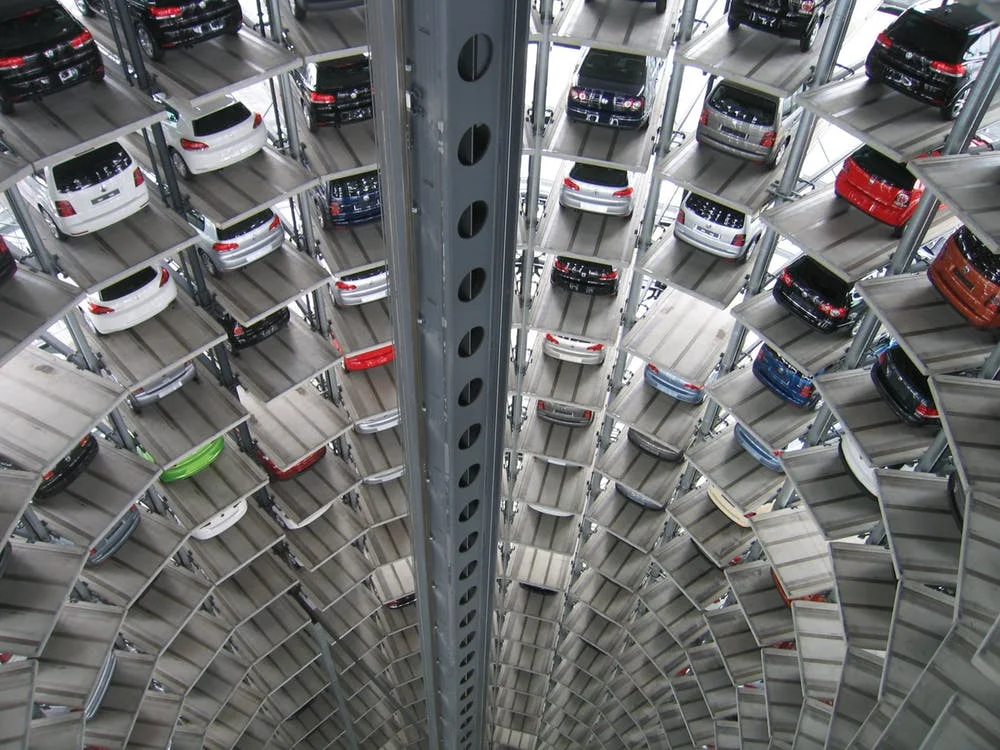It seems that Pandora's box will be hard to close. Indeed, the Portuguese tax has again been condemned to repay part of the ISV of an imported car. This vehicle? A Mercedes GLS 350D of 2018 for which the Portuguese tax claimed 21.004,94 €. This is already the second case the Tax Authority (AT) is losing in this regard this year, and it looks like it will not be the last. Portugal, justifying this tax for environmental reasons, is still subject to Brussels sanctions concerning this tax, which is considered illegal. Is this the end of the ISV tax? Does this concern all imported vehicles? Lisbob, the expatriate assistant in Portugal, tells you all about this new defeat of the Portuguese tax authorities regarding the ISV tax.
Portuguese tax department loses once again and will have to refund ISV for another imported vehicle which she claimed 21,000 euros tax
A second sentence in a few months, but a partial refund
The Portuguese arbitral tribunal again ordered the tax authorities to return part of the vehicle tax (ISV) for a used car imported in April this year. This time, it is already the second procedure that the tax authorities lose in this respect, the tax authority (TA) will have to repay 2.930 euros to the taxpayer, out of a total of 21.004,94 €.
The caris a Mercedes GLS 350D 2018. According to the newspaper Público, the taxpayer was "invited" to pay 21.004,94 euros of ISV: 9,512.22 euros for cylinders and 14,654.29 euros for the environmental component. In practice, tax authorities have once again perceived the environmental component without regard to the age of used cars, ie without evaluating the environmental component, but taking into account only the devaluation of the cylindrical part.
A second sentence in a few months, but a partial refund
An "environmental tax", an argument that does not hold water
The taxpayer in question, appalled by the amount of this tax, decided to appeal the decision and the court ruled in his favor. "The Portuguese state should examine the situation impartially, recognize that justice is on our side and amend the law," said the lawyer who represented the taxpayer, Paulo Carido, quoted by the Jornal de Negócios. The tax authorities act "by obstinacy and by using a fallacious argument, since it is not a matter of protecting the environment, but only the application on importation of a tax identical to that sold in Portugal. ", he adds.
The Portuguese tax authority has claimed to defend, once again, that the Portuguese law "was guided by environmental concerns" but did not convince the court. If this were true, then Portugal would have dozens of taxes to invent as it lags behind some environmental areas, such as eucalyptus monoculture, responsible in part for the terrible fires that have affected Portugal in recent years, or the pollution of the Tagus by industrial groups, which remain unpunished for the time being.
















